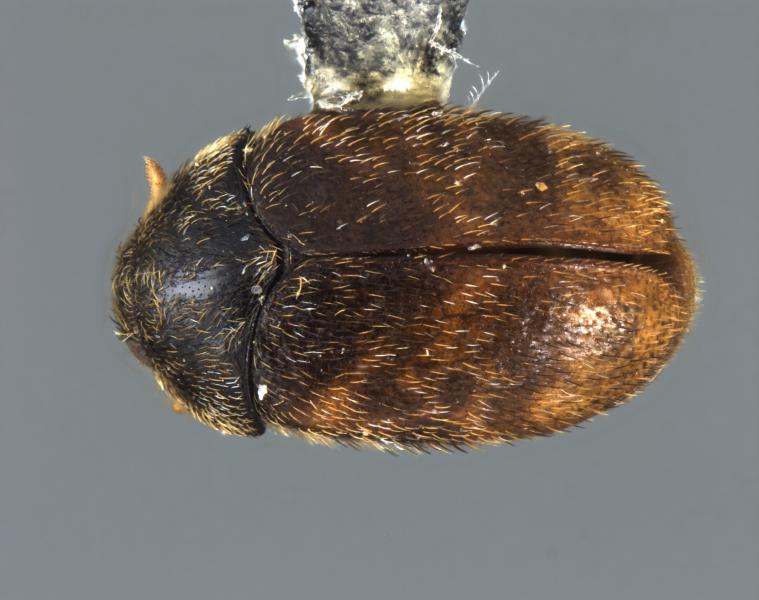ROMULUS, Mich. – It is not uncommon for passengers to try to bring back a piece of their homeland when they travel abroad. Whether it is a souvenir or food, these items bring a sense of comfort to those yearning for a connection to a place visited or where they grew up. Unfortunately, that piece of home may be hiding something destructive.
Such was the case on November 23, 2017 at Detroit Metropolitan Airport when Customs and Border Protection (CBP) Agriculture Specialists encountered an unsuspecting passenger arriving from Iraq. The traveler was attempting to bring some seeds to grow in her garden but little did she know, those seeds were infested with Khapra Beetles.

Detroit Metropolitan Airport
The Khapra Beetle is considered to be one of the world’s most destructive pests of stored grain products and seeds. This small but persistent insect has a wide-ranging appetite and can spoil anything from stored corn to pasta. It also very difficult to control because it can survive without food for long periods and can resist many insecticides.
“We are fortunate to work with such a dedicated group of CBP personnel with a range of expertise to include the detection and interception of invasive pests, ensuring the protection of our agricultural resources,” said Area Port Director, Devin Chamberlain.
Local and National United States Department of Agriculture identifiers recently concurred with the identification of the discovery.
CBP Agriculture Specialists work around the clock at hundreds of ports of entry to interdict pests and deter animal diseases from spreading into our country.


